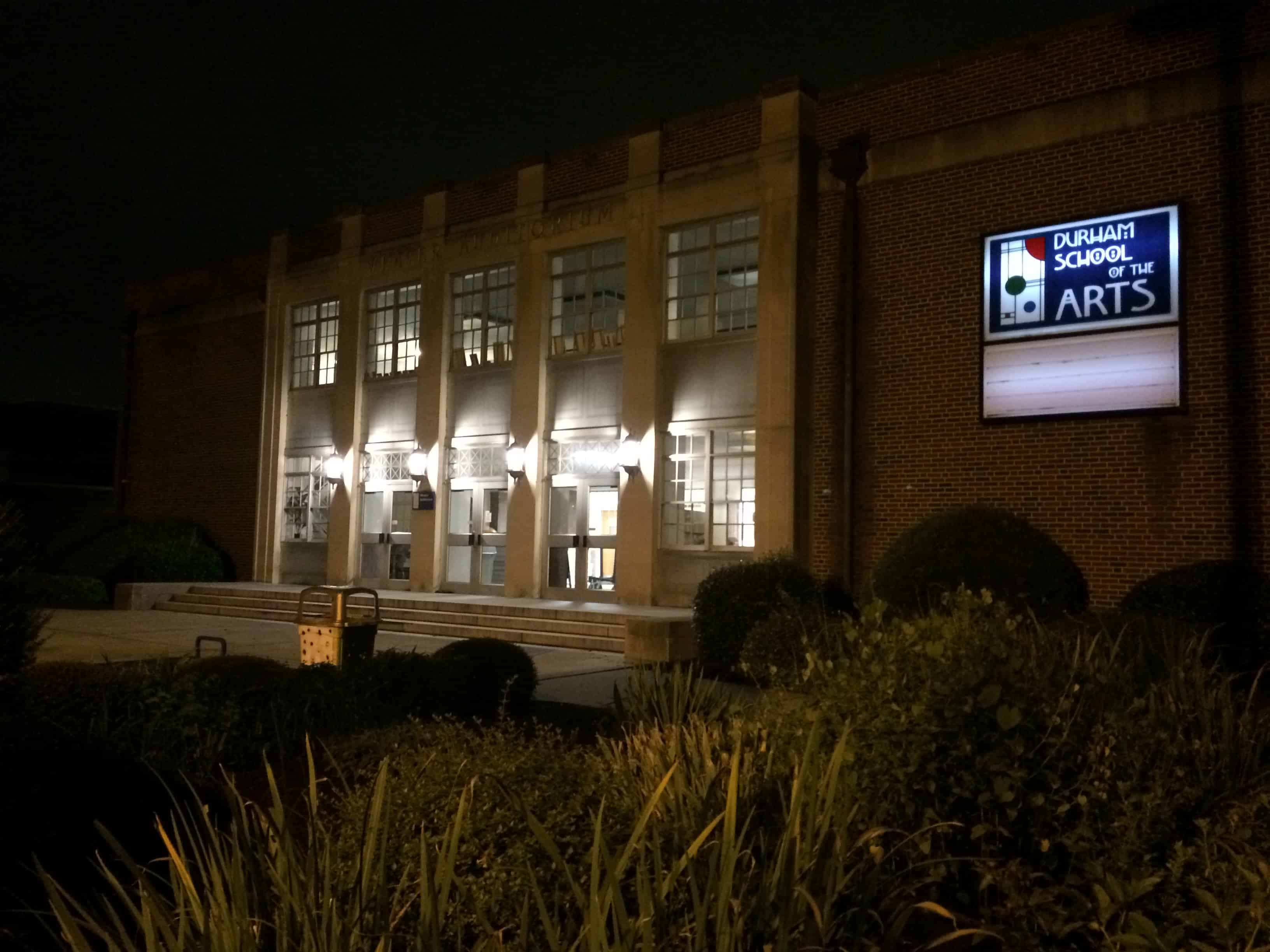This fall, Durham Public Schools are changing their start times. Elementary schools will start (and end) earlier, middle and high schools later. The change is inconvenient for working parents, disruptive for childcare providers, detrimental to athletic programs, and difficult for students with jobs.
It’s also a great idea.
It wasn’t an easy decision, and it isn’t without its detractors. After collecting feedback from students, parents, teachers, administrators, bus drivers, janitors, coaches, and just about anyone else with a stake in public schools, the school board had a laundry list of reasons not to make the switch:
Parents will drop off their kids two-plus hours before school begins in order to make it to work on time, burdening school staffs with additional supervision.
Many families rely on older siblings to look after siblings in the afternoons, and teenagers won’t be home when elementary school students get off the bus.
Sports teams will have less time to practice, putting them at a disadvantage, especially when Wake County and Chapel Hill schools schools in the PAC-6 Conference get out earlier.
Students working part-time jobs after school won’t be available for afternoon shifts.
Teachers, by the time they finish their classes, attend meetings and conferences and prep for the next day, wouldn’t see their own children until dinnertime or later.
Students will stay up that much later, knowing they can sleep in.
However, district leaders also heard significant support —like on Facebook, where a recent reminder to parents about changing start times elicited far more positive responses than negative. Parents, teachers, and administrators like the idea of boosting teenagers’ achievement without compromising their elementary level counterparts, and while the cons are many, research suggests that it’s worth the effort.
Teenagers stay up later than younger children, need just as much sleep, and more often than not get far less than the National Sleep Foundation and CDC’s recommended 8-plus hours. In 2015, a team of scientists from Oxford, Harvard, and the University of Nevada suggested the old proverb, “early to bed, early to rise,” is unrealistic for teens. When faced with early school start times, the “late to bed, early to rise” schedule they adopt can negatively impact cognitive, emotional, and physical health.
A 2016 St. Lawrence University study measured the effects of starting 45 minutes later at a public high school in upstate New York. Even though students did not get more rest, simply delaying their sleep period — going to bed later and waking up later — reduced tardiness and discipline issues.
A University of Minnesota study also found a slew of benefits when school began at 8:30 AM instead of 7:20 AM, ranging from improved ACT and state test scores to an increased number of students getting 8-plus hours of sleep. The results also showed better attendance rates, lower rates of self-reported symptoms of depression, and lower computer and smartphone use at night. Ninety-two percent of parents in one district even reported that their teenagers were “easier to live with.”
In a more local example, a Colby College professor analyzed data from Wake County and concluded that starting middle and high school at 9 AM or later could be a cost-effective way to increase reading and math test scores by 2 to 3 percentile points.
Of my community’s many needs, none take priority over student learning. If this simple change could produce such significant improvements without seriously affecting the district’s budget, it’s certainly worth a try.
To be sure, this adjustment won’t be comfortable, and some of stakeholders’ many concerns will become real challenges. But there might be some unexpected perks, too.
My first period class might not need circus tricks, gongs, and whistles to keep their heads off their desks. Our coaches might utilize the hours before school to execute part of their practice plans and win just as many games — or more — as years past. Meetings could be held before school and end on time. Parents may be more available for conferences because leaving work at 4 PM is much easier than leaving at 2 PM.
Most importantly, my students might sleep more, learn more, and enjoy more success.
Stuart Egan recently explained the need to put student achievement at the forefront of policy decisions regarding school calendars. While districts wait patiently for permission to begin before August 25, they should reexamine the logistics that they can currently control, like start times.
I applaud Durham Public Schools for prioritizing what’s best for student learning and trying new start times. Like any change, it won’t be easy, but I’m excited to see how it works.



